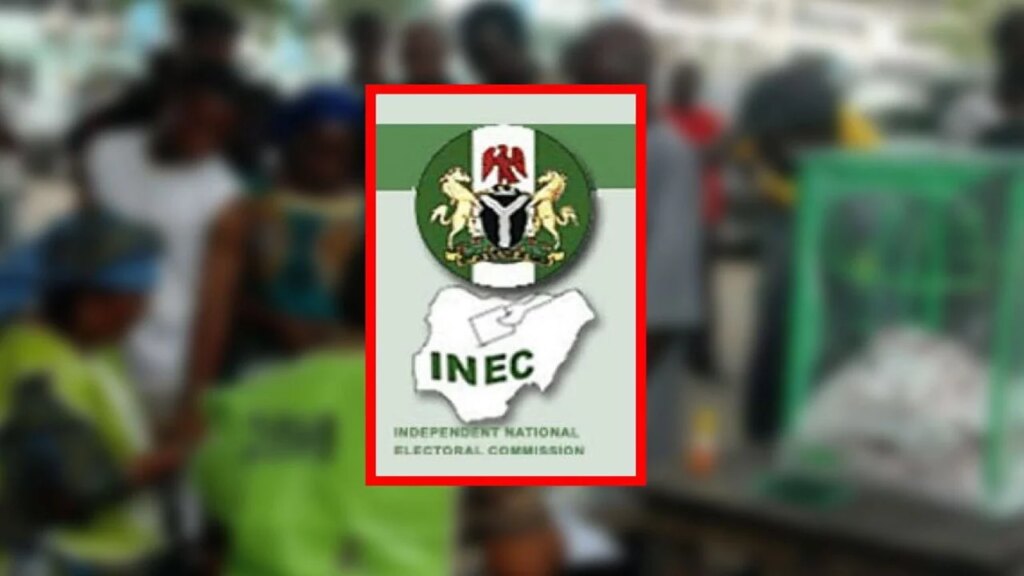Nigeria’s electoral authority has cautioned politicians and political parties against initiating campaigns linked to the 2027 general elections, declaring such activities premature and unlawful. In a statement released by Rotimi Oyekanmi, Chief Press Secretary to the Chairman of the Independent National Electoral Commission (INEC), the agency clarified that it has not yet published an official timeline for the polls, and no candidates or parties have been formally nominated.
“The release of the timetable and schedule of activities for the 2027 General Elections remains pending,” the statement emphasized. “Consequently, no political party has conducted primaries or declared candidates, rendering all campaign activities at this stage unauthorized.” The electoral body invoked Sections 94(1) and 95(1) of Nigeria’s Electoral Act, which restrict formal campaigning to a 150-day window before elections and mandate adherence to INEC guidelines. Public rallies, advertisements, and organized endorsements for prospective candidates must halt 24 hours prior to voting.
While affirming citizens’ constitutional right to free political expression, INEC stressed that early mobilization efforts, candidate-centric promotions, and orchestrated public endorsements violate electoral laws. The reminder follows reports of rising political activity across the country, including banners and public displays advocating for a second term for President Bola Tinubu.
Earlier discussions with political parties had already highlighted compliance concerns, according to the commission. Oyekanmi urged stakeholders to “respect the electoral process” and await the formal proclamation of campaign periods. Noncompliance risks destabilizing pre-election protocols and could prompt legal repercussions, though INEC did not specify enforcement measures.
The 2027 elections, still three years away, mark Nigeria’s next major electoral cycle following Tinubu’s contentious 2023 victory. Analysts note that premature campaigning frequently precedes Nigerian polls, with aspirants often testing legal boundaries to gain early visibility. However, INEC’s public pushback signals an effort to enforce timelines more rigorously amid concerns about voter fatigue and misinformation. The commission’s guidelines aim to standardize campaign periods, minimize undue influence, and ensure equitable media access for all candidates once the race officially opens.
Political observers emphasize that adherence to these rules could bolster public confidence in the electoral process, particularly after previous cycles were marred by allegations of irregularities and low voter turnout. As Nigeria navigates complex security and economic challenges, INEC’s enforcement of campaign regulations may set the tone for the credibility of the upcoming polls.
